
Longevity from the Sangha
If people who shy away from religion are anything like I used to be, they’re probably thinking they can handle life on their own. They don’t need anything, or that maybe their spirituality has nothing to do with community. This individualist attitude is pervasive in American culture.
But Blue Zones tell us that faith-based communities are important to our well-being.

The Making of American Buddhism
As of 2010, there were approximately 3-4 million Buddhists in the United States, and that figure is expected to grow significantly. Beyond the numbers, the influence of Buddhism can be felt throughout the culture, with many more people practicing meditation, for example, than claiming Buddhist identity. A century ago, this would have been unthinkable. So how did Buddhism come to claim such a significant place in the American cultural landscape?

Navayāna (New Vehicle)
Yūshi Ono suddenly resigned the CEO position and received the ordination by Shūrei Sasai in India, and became the monk Ryūkō. He says, “I was tired of constantly chasing revenue and profit in business by convincing customers. Money is just a number, but has the dangerous magical power to drive people greedy and crazy."

Neo-Buddhist Movement
Yūshi Ono, who was a graduate of Tokyo University and became an IT venture capitalist after working for IBM Japan, has recently become a Buddhist monk by renouncing his total asset of nearly 10 billion yen (over $65 million). His monastic name is Ryūkō 龍光 (meaning “light of dragon”). His story sounds quite similar to Siddhartha’s.

Jazz, Buddhism and Creative Flow
Discover how the pairing Buddhist thought with the concept of jazz music can lead to a more fulfilling life. Rev. Hata shares how his professional music career helped him develop a deeper Buddhist practice and commitment to the ministry.
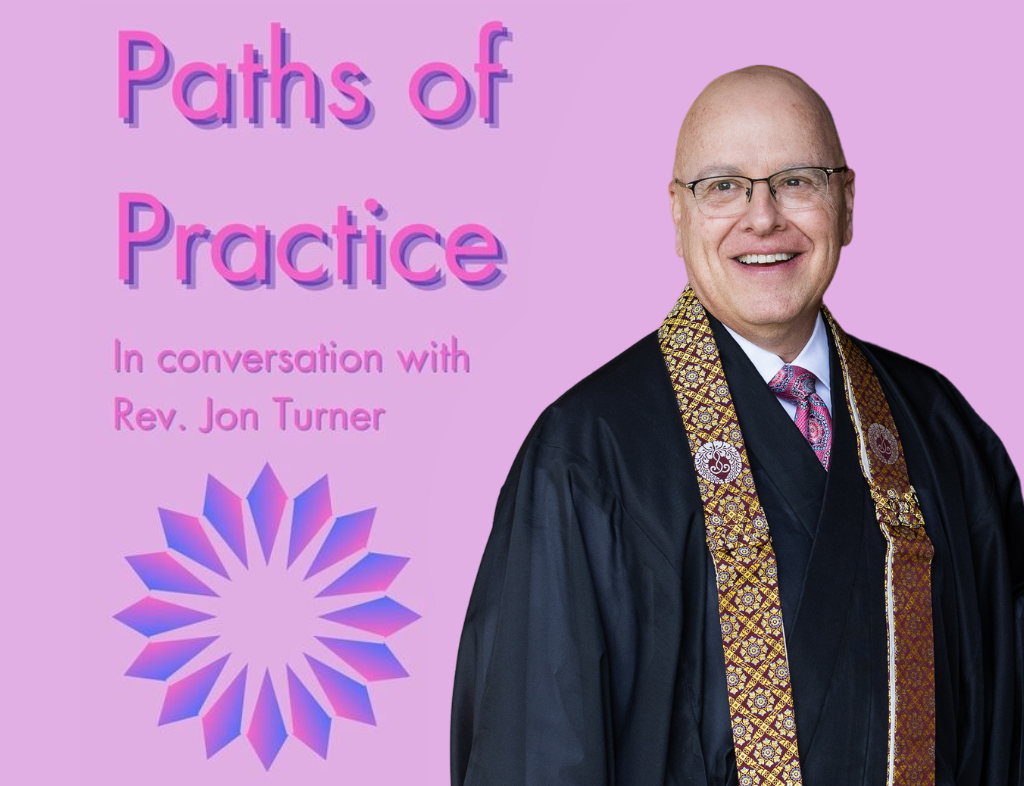
Jon Sensei Hits The Airwaves
Jon Turner Sensei was recently interviewed by Vincent Moore, host of the Paths of Practice Podcast. From the Beatles to Shinran, this is an engaging and inspiring conversation you won't want to miss!

Gross National Happiness
Are Buddhists so happy because they are Buddhist? I don’t know, but as my Jewish mother would say about chicken soup curing a cold, “It couldn’t hurt”. Gross National Happiness is really a sense of well-being which is shared by most Bhutanese. They are not wealthy, they don’t live in luxury, but they are 91.2% happy with a sense of well-being.

So, tell me, what is Buddhism?
I feel like I am as articulate as the next guy and spent most my career communicating concepts (marketing and sales). But I have a very hard time delivering a simple response to “What is Buddhism”? Almost always, I find my answer a bit hollow and inadequate. Kind of frustrating, kind of embarrassing!

Chanting, Live Music and Human Connection
When I was a kid, I used to hate chanting. There were a few reasons for this; for one, the words we were chanting weren’t in English, diminishing my interest in the material by about 75%. But second, and more importantly in my mind, I was self conscious of how I sounded compared to the adults around me. Every week I felt embarrassed adding my little child’s squeak to the deep, resonant vocal pitches around me.
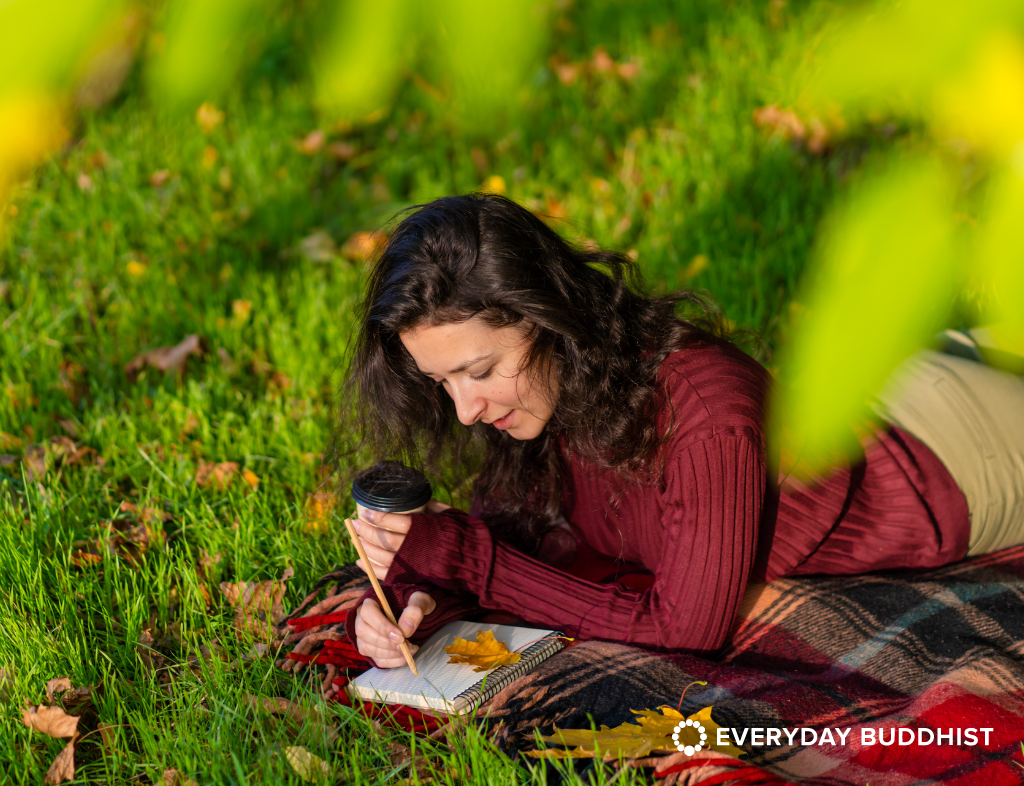
A Life of Learning
Think about what happens when you do something deeply. If you take a “deep dive,” for example, you don’t stay on the surface. You go far below it, which takes effort; you aren’t just lazily floating on top of the water. You are also exploring unknown territory, since you don’t know exactly what you will find down below. So you have to concentrate and pay close attention, using all your senses.

Gradually Sudden
If we take a more gradualist approach, we can see that the development of Mahayana Buddhism is a very, slow natural progression. This is Mahayana Buddhism as an evolution not a revolution. In other words, the development of Buddhism should be viewed as a continuum rather than as a series of sudden events.
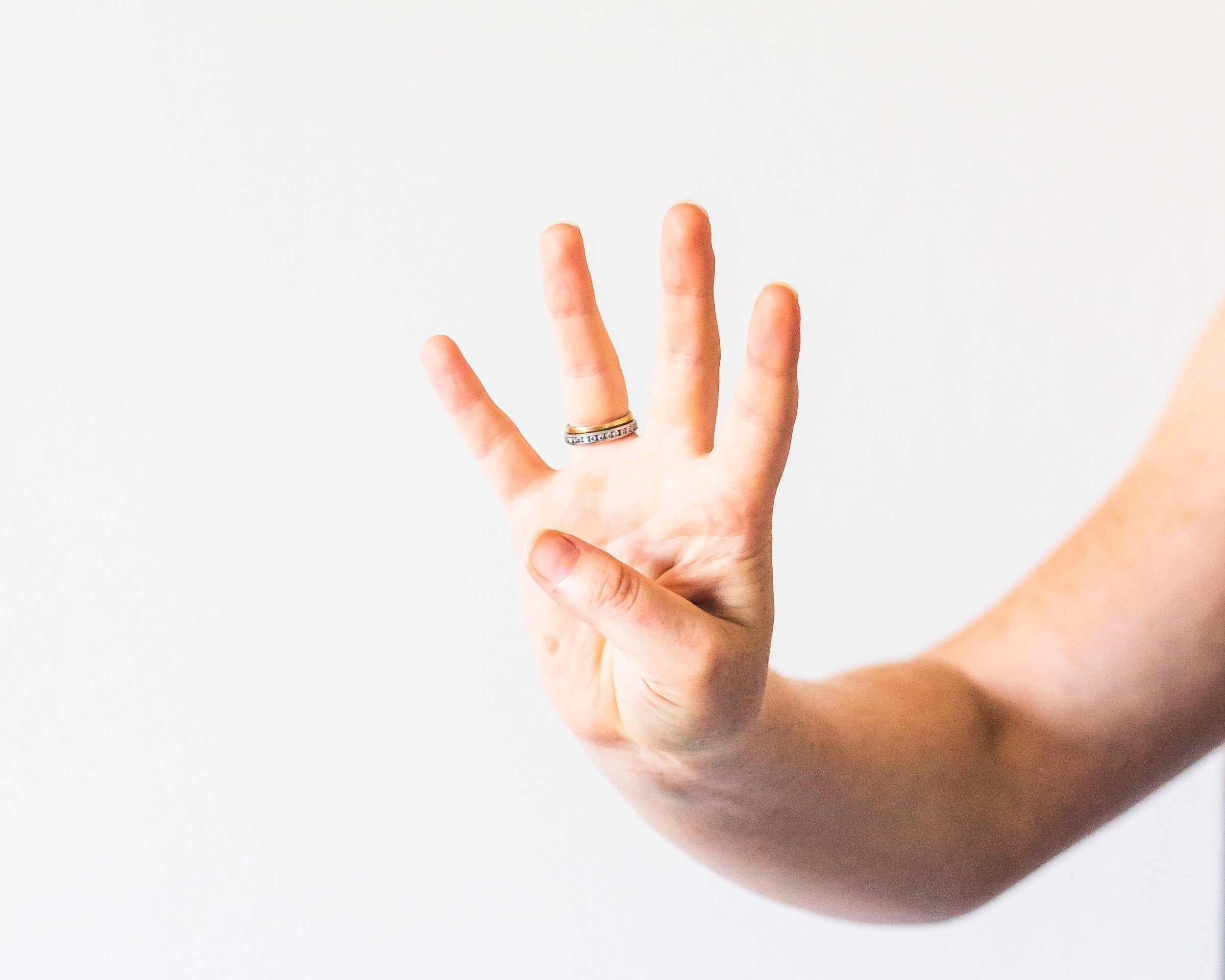
Four Will Get You Eight
This set of four truths open us up to a new interpretation of the Eightfold Path. Rather than something achieved, it becomes something that is received, as a benefit. After walking the path, listening to the teachings, and saying Namoamidabutsu we inevitably become such a person. One that is naturally more aware.
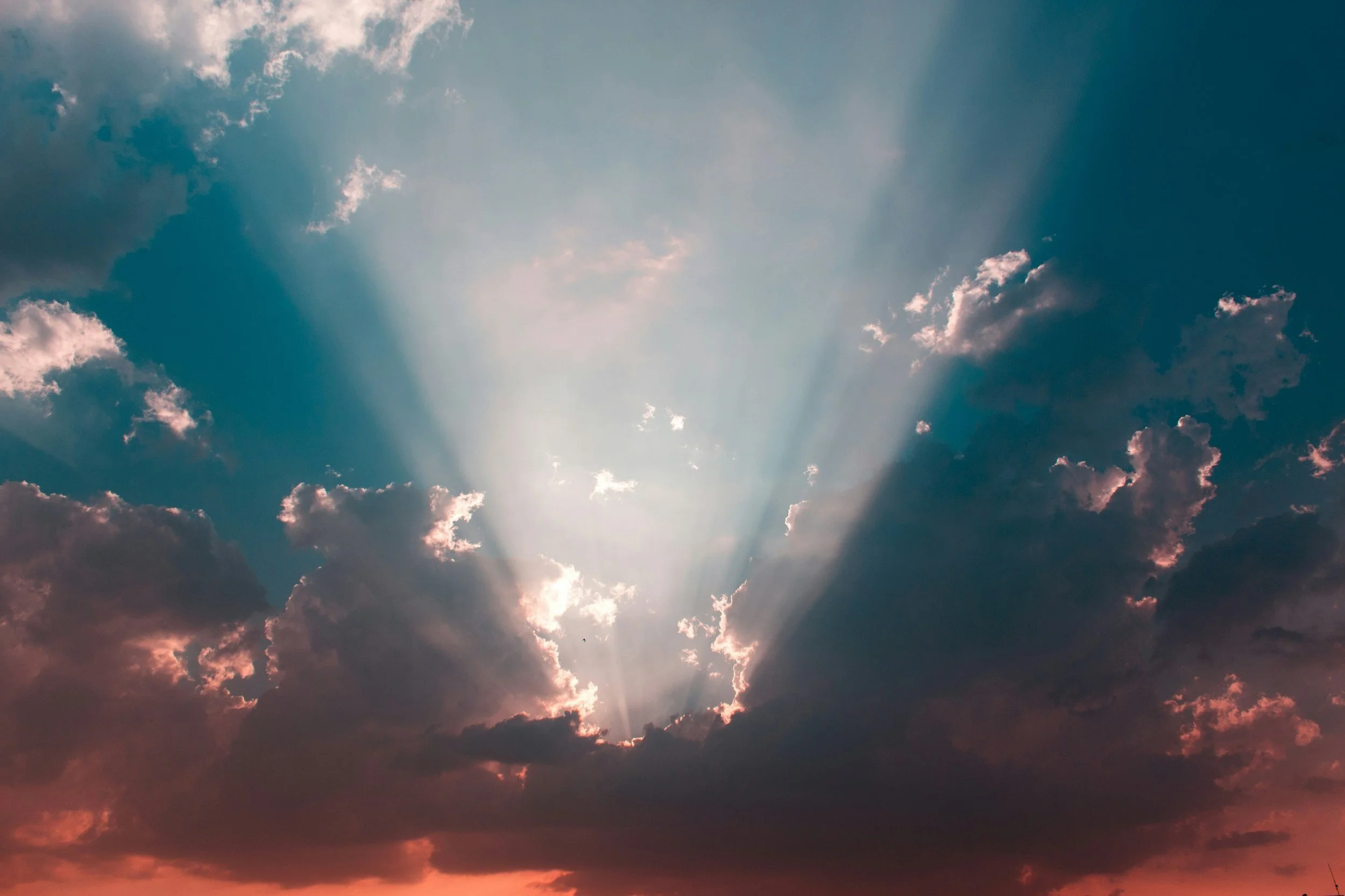
Rev. Jon Turner in Lion’s Roar
This week we have a surprise second blog thanks to Rev. Jon Turner who was recently published on the popular Buddhist online publication Lion’s Roar. His essay titled, “How Shinran, Founder of Shin Buddhism, Went Beyond the Self” discusses Shinran’s journey of awakening through introspection.

The “True” and The “Real”
“True” and “real” is also especially relevant for Buddhists. The teachings must be both “true” and “real”. For example, the impermanence and interdependence of all life is a profound teaching that is “true”. It accurately describes our reality, both internally and externally. But it only becomes “real” when we experience this truth within our own heart and mind. It must become a lived experience for it to be “real”.

Balancing Self-Power & Other-Power
It seemed too good to be true. I was able to ride a bicycle without ever having to practice. But I had been practicing effortlessly on my scooter all along. When I had given up trying to balance myself, I had unwittingly let an internal sense of balance develop within me without any calculation or effort. Of course, riding a scooter takes much more effort than riding a bike but the effort was different.
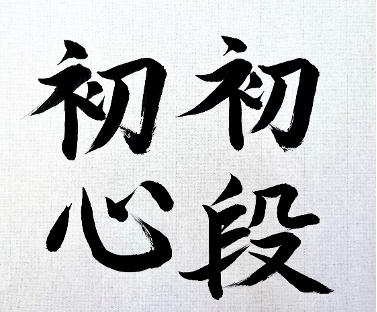
Shodo and Shoshin
One of my goals in Shodo, has been to earn that “Black Belt” rank. I worked quickly through my kyu rankings, had
a slight pause during the COVID-19 pandemic and picked up the pace again when we started having classes regularly again. To me, the shodan rank is like the prize at the end of a long, hard journey.
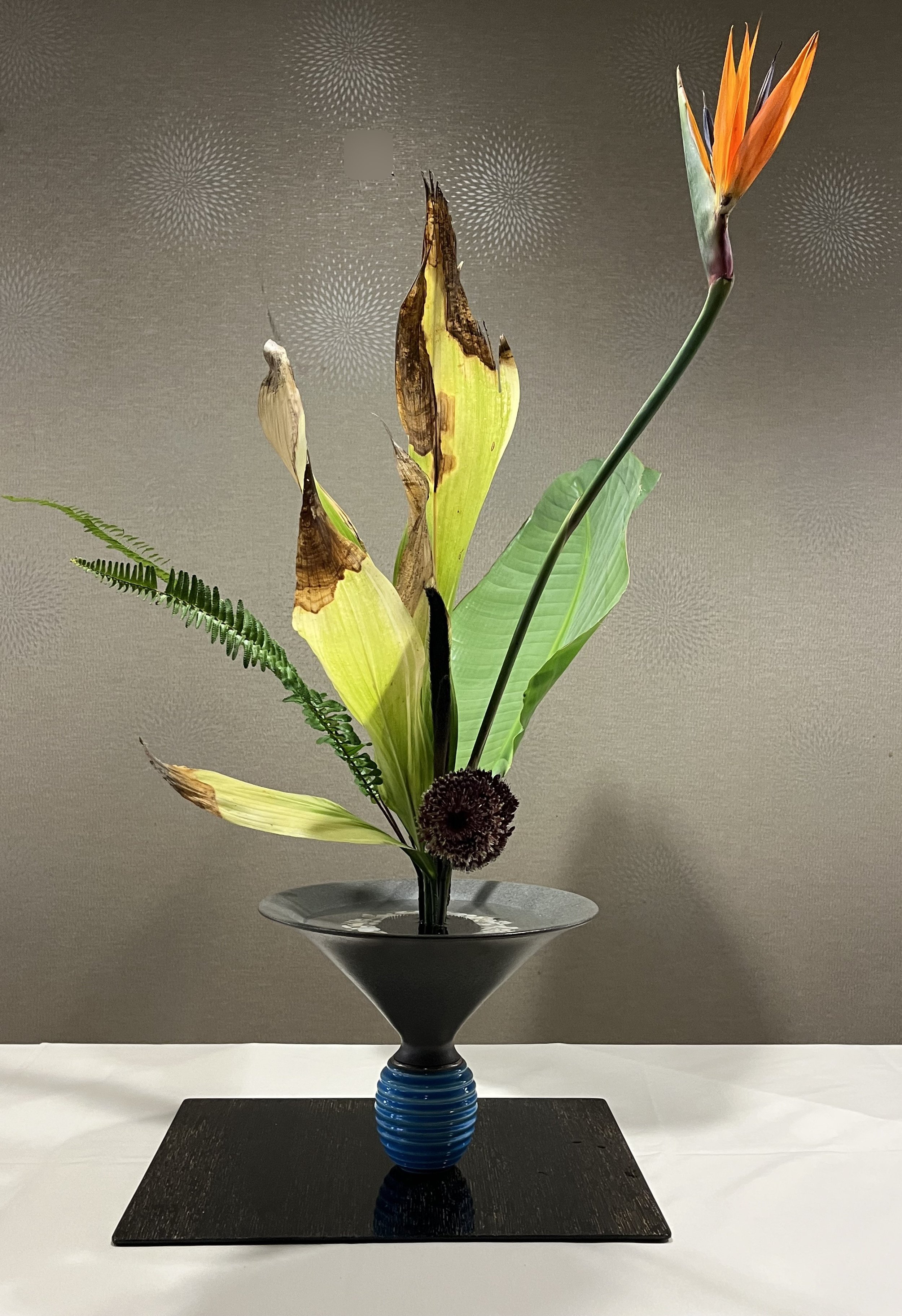
Perfection - Lessons from a Leaf
It’s so easy, so human, to search for perfection in life. And there is nothing wrong at all with selecting the most gorgeous, perfect flower. But society challenges us with so many comparisons and suggestions as to what is “perfect” or “good”. The influence of social media only makes these impressions more complex and transient. What brand of car, clothes, appliance, etc. do you have? Where did you go on vacation, what college did you go to, on and on? It’s easy to let these external factors influence and cause frustration.

Shinran’s Thought – Why Not U-Turn?
Obon is regarded as the time when we remember our loved ones who departed before us and we living in samsara transfer the accumulated merits to our loved ones, wishing them to be born in the better Buddha’s realm. But how about Jodo Shinshu – Shin Buddhism?

Justice is not for Just Us
We need to ask ourselves what is the purpose of our justice system. Is it to discourage others from committing crime? This has not been shown to be an effective deterrent. Is it to merely punish? If so then to what end? Do we want moral justice? This approach is often followed when we hear calls for a “war on crime” and what happens to these individuals after their sentences have been completed?
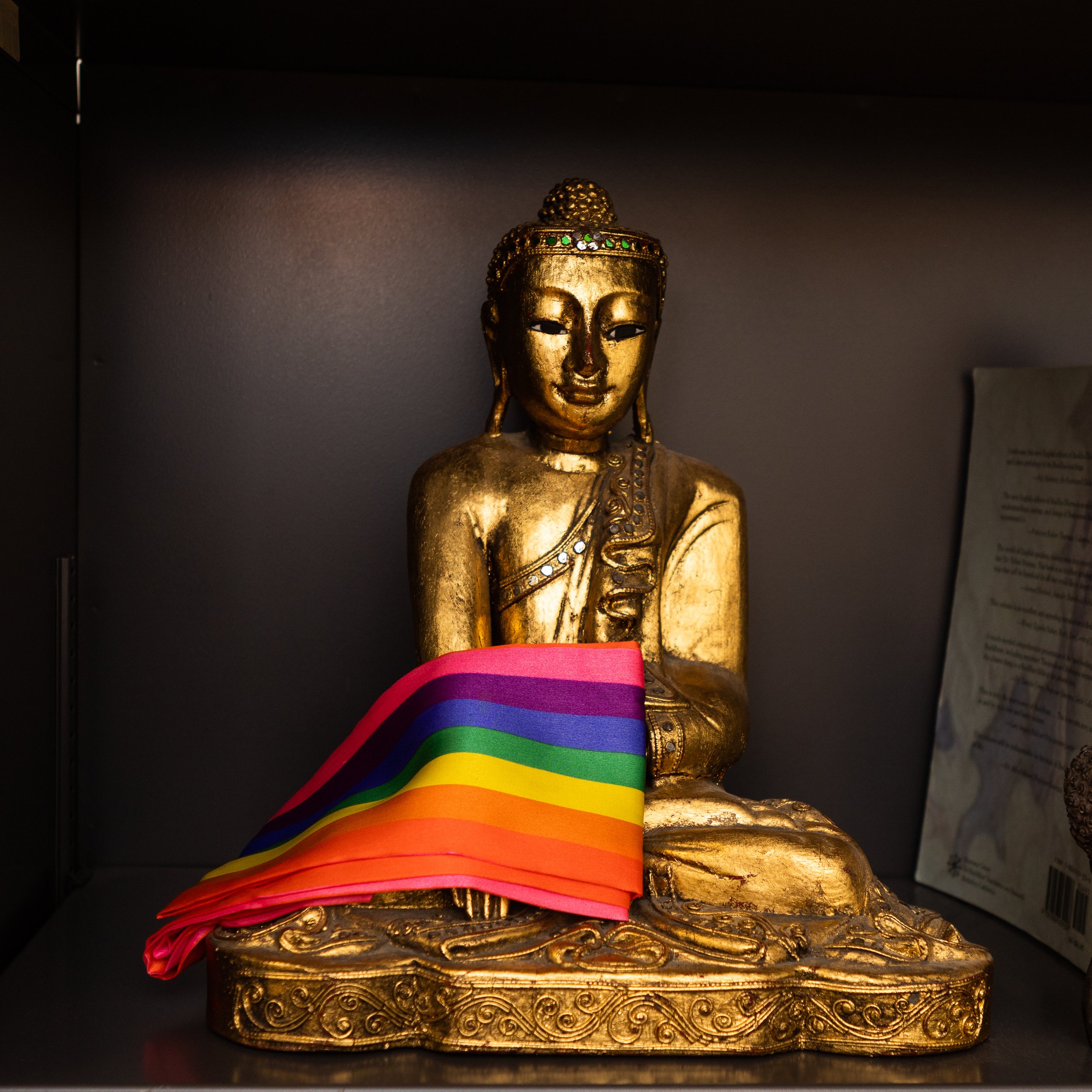
Buddhism and the Act of “Coming Out”
In the queer community, the act of “Coming Out” tends to be viewed as a collective right of passage; the inevitable final boss of accepting your queer identity. And while this specific narrative has become ingrained as a right of passage within the universal queer experience, I find that it lacks some of the nuance the moment deserves.
